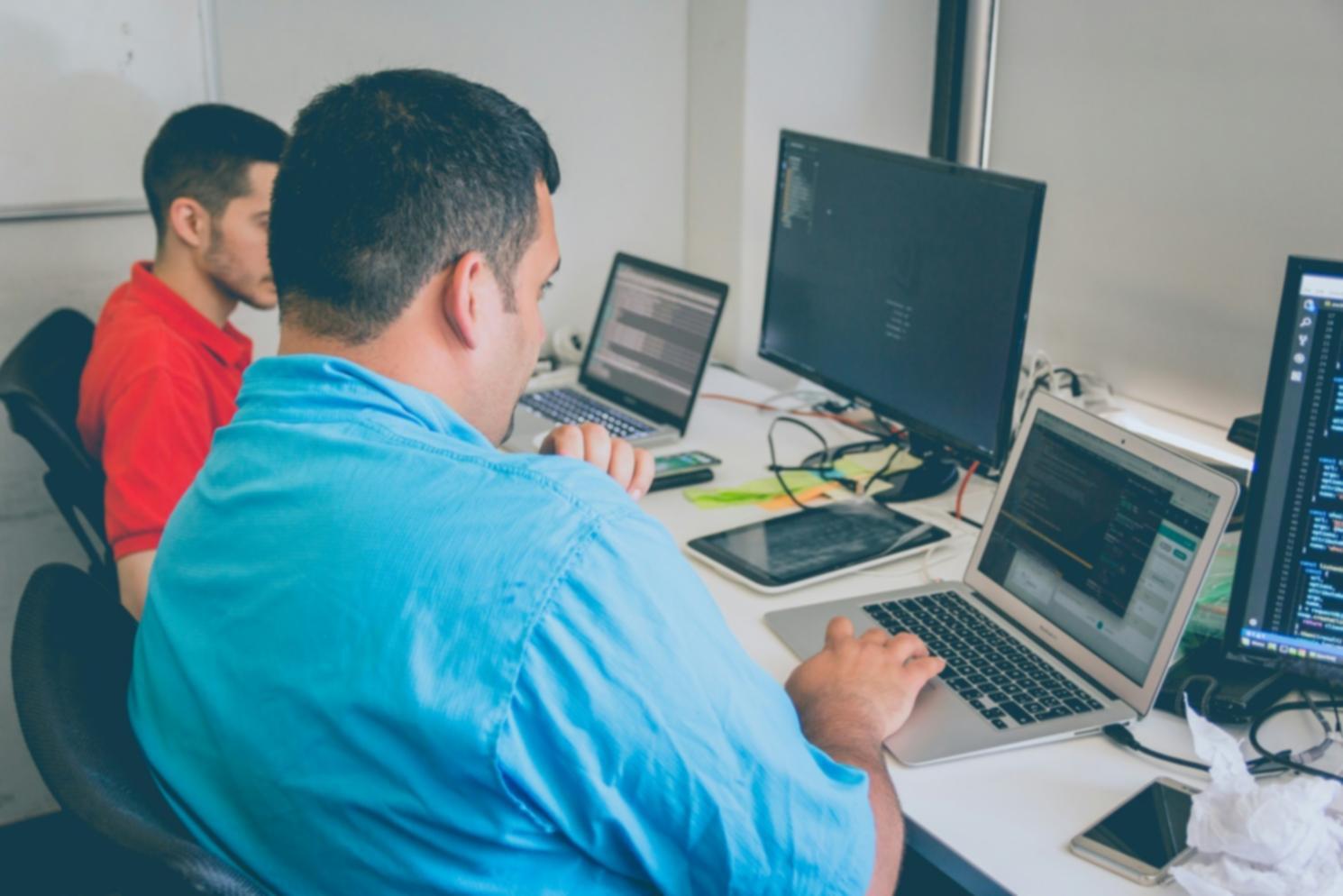Building Real dApps That Actually Work
Most blockchain courses focus on theory. We spend our time building functional decentralized applications that solve actual problems. You'll leave with a portfolio of working projects and the practical skills Taiwan's tech sector needs right now.
Explore Our Programs

How We Actually Teach Blockchain Development
Here's what makes our approach different. Instead of spending weeks on cryptocurrency theory or abstract smart contract concepts, we start building on day one. Our first project is always a simple token transfer application. Nothing fancy, but you see how wallets connect, how transactions happen, and how the blockchain responds.
By week three, you're deploying your own smart contracts to test networks. By week six, you're building multi-contract systems with user interfaces. Our curriculum follows how real development teams work in Taipei's emerging blockchain sector.
We've learned that people retain more when they struggle with actual problems rather than memorizing syntax. So our instructors present challenges, not solutions. You'll spend time debugging contract interactions, optimizing gas fees, and figuring out why your dApp isn't connecting to MetaMask. That's where real learning happens.
What You'll Actually Build
Each module culminates in a functional application. These aren't toy projects – they're simplified versions of production dApps running today.
Decentralized Voting System
Build transparent governance tools where every vote lives on-chain. You'll handle delegation, proposal creation, and result verification. Perfect for understanding state management and event emission.
NFT Marketplace
Create a platform where users mint, list, and trade digital assets. This project covers metadata storage, royalty implementation, and frontend integration with wallet connections.
Supply Chain Tracker
Track products from manufacture to delivery using immutable blockchain records. You'll implement multi-party verification and role-based access controls that mirror real business requirements.
Program Structure and Timeline
Our next cohort launches in September 2025. Here's how the 16-week intensive program breaks down.
Foundations (Weeks 1-4)
Blockchain fundamentals, Ethereum architecture, and Solidity basics. You'll deploy your first contracts to Sepolia testnet and interact with them through Web3.js. No prior blockchain experience needed, but JavaScript proficiency is expected.
Smart Contract Development (Weeks 5-9)
Advanced Solidity patterns, security considerations, and testing strategies. We cover common vulnerabilities like reentrancy attacks and integer overflow. You'll write comprehensive test suites using Hardhat and learn contract upgradeability patterns.
Full-Stack dApp Integration (Weeks 10-13)
Connect React frontends to your contracts. Handle wallet authentication, transaction signing, and real-time blockchain event listening. You'll also work with IPFS for decentralized storage and explore layer-2 scaling solutions.
Capstone Project (Weeks 14-16)
Design and build your own decentralized application from scratch. Present to guest evaluators from Taipei's blockchain community. Past projects have included decentralized freelance platforms, prediction markets, and charity transparency tools.

Learning With Other Developers
Our cohorts max out at 18 students. Small enough that instructors know everyone's strengths and struggles. Large enough to form project teams with diverse skill sets.
You'll pair program weekly, conduct code reviews for peers, and collaborate on multi-contract systems. We've noticed that students who actively participate in group debugging sessions tend to develop problem-solving skills faster than those who work solo.
Many of our alumni still meet monthly to discuss new protocols and share job opportunities. That network often proves as useful as the technical skills.


Who This Program Fits
Our students typically come from web development backgrounds. Maybe you've built Node.js APIs or React applications and want to explore decentralized alternatives. Perhaps you're curious about smart contracts but intimidated by the learning curve.
We don't require blockchain expertise, but we do expect comfort with JavaScript, basic command line usage, and understanding of how APIs work. If you know what a REST endpoint is and can explain async/await, you're ready.
Career changers make up about 30% of each cohort. We've taught accountants who wanted to understand DeFi protocols, designers exploring NFT platforms, and project managers transitioning to technical roles. Age range typically spans from 22 to 48.

The students who do best here aren't necessarily the strongest programmers initially. They're the ones who embrace debugging, ask specific questions, and help classmates when stuck. That collaborative mindset matters more than raw coding speed.
Jasper Teng, Lead Instructor
Next Cohort Starts September 2025
Applications open in May. We review submissions on a rolling basis and typically fill our 18 spots by mid-July. If you want to explore the curriculum in detail, check your schedule compatibility, or ask questions about prerequisites, our program page has comprehensive information.
View Program Details